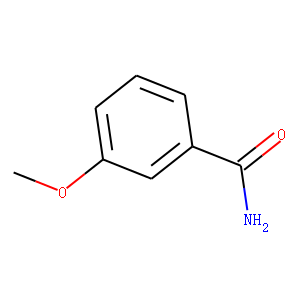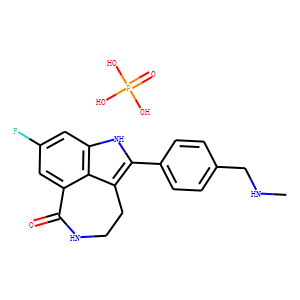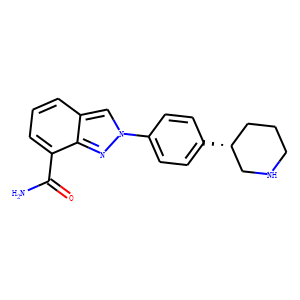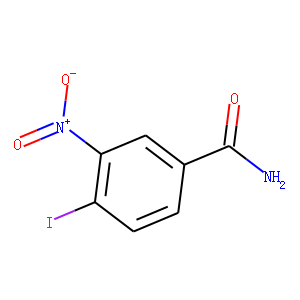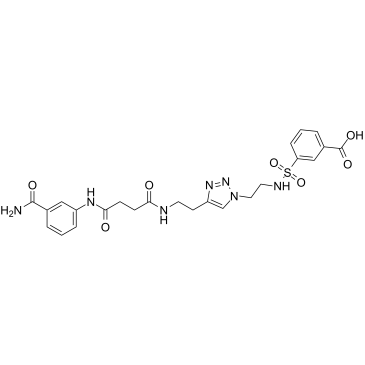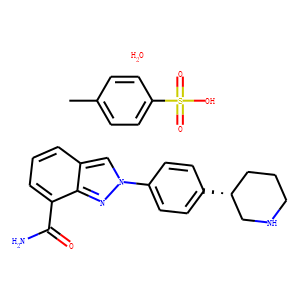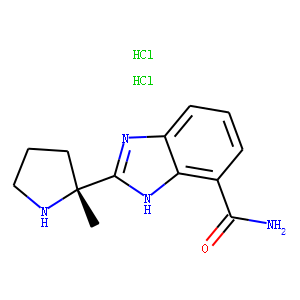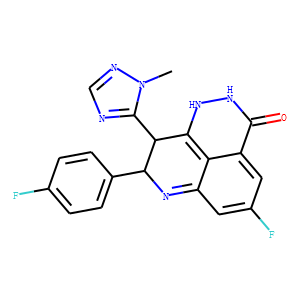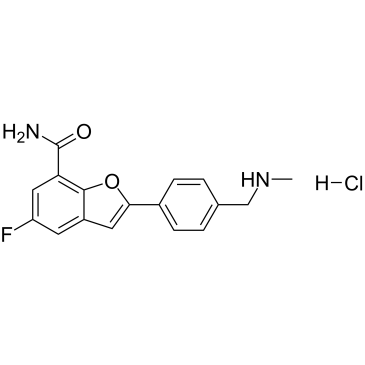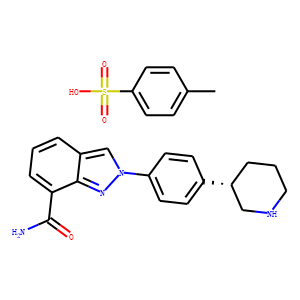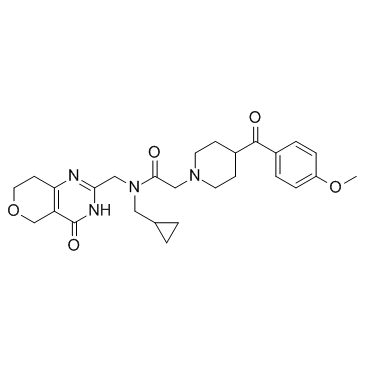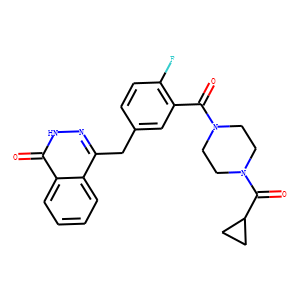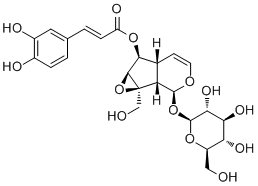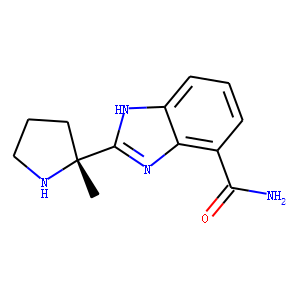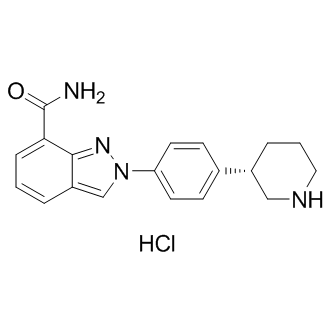PARP
Poly (ADP-ribose) polymerase (PARP) enzymes play a crucial role in DNA repair, specifically in the base excision repair pathway which corrects single-strand breaks. Overactivation of PARP can deplete cellular NAD+ levels and ATP, leading to cell death, making PARP inhibitors valuable in treating diseases linked to DNA repair deficiencies. They are particularly effective against cancers with existing DNA repair defects, such as BRCA1 or BRCA2 mutations, which are common in breast and ovarian cancers. By inhibiting PARP, these drugs prevent cancer cells from repairing their DNA, leading to cell death. This approach has made PARP inhibitors a key class of targeted cancer therapy, providing a lifeline for patients with specific genetic profiles.

